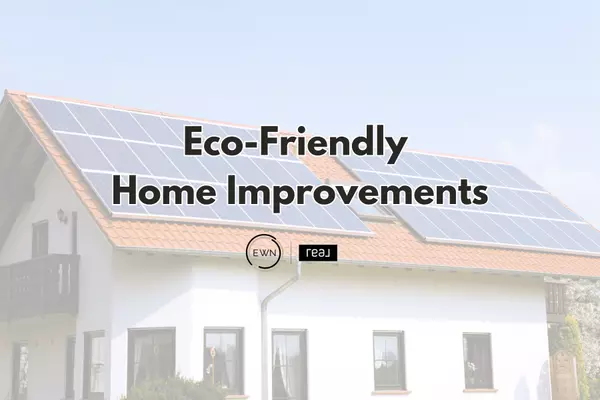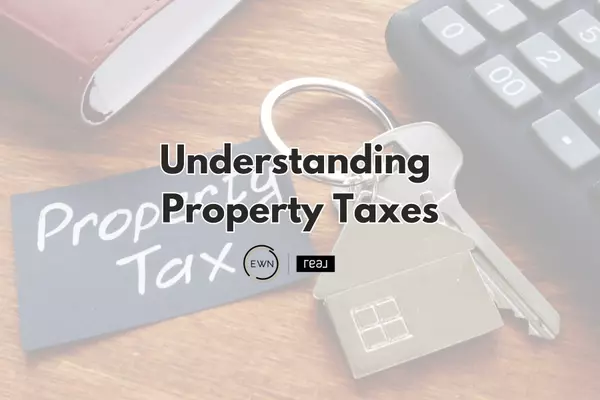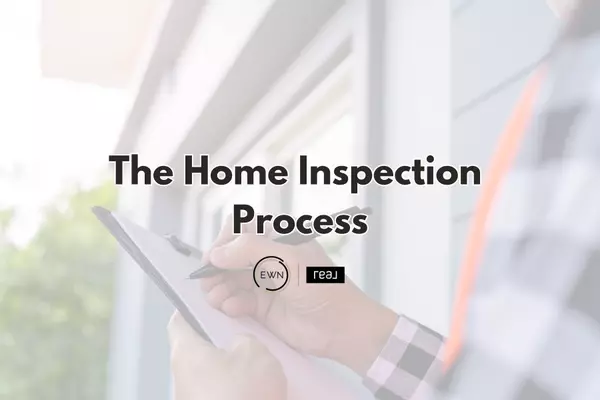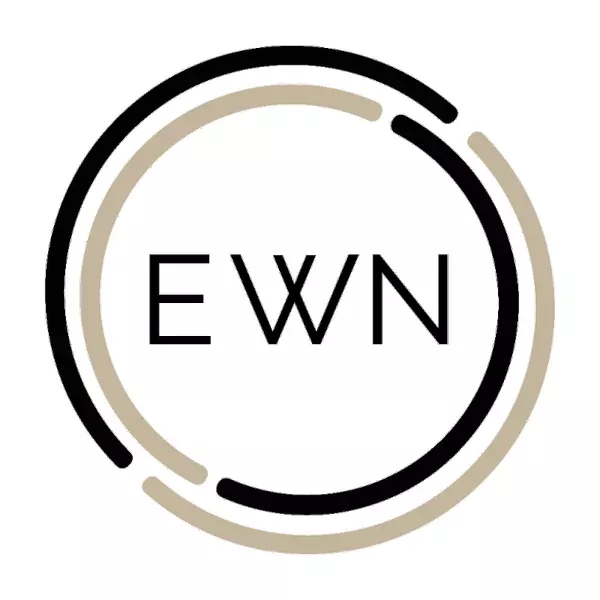The Home Inspection Process: What You Need to Know
The Home Inspection Process: What You Need to Know
When buying a home, one of the most critical steps in the process is the home inspection. Whether you're a first-time buyer or a seasoned investor, understanding the home inspection process can help you avoid costly mistakes and gain peace of mind about your investment. This guide breaks down what to expect from a home inspection, how to interpret the report, and red flags that could signal major issues.

What Is a Home Inspection?
A home inspection is a thorough evaluation of a property's condition, conducted by a licensed professional. It typically occurs after a purchase offer has been accepted but before the final closing. The purpose of the inspection is to uncover any underlying issues that might not be visible during a typical showing.
Why Home Inspections Matter
A home inspection can save you thousands of dollars in unexpected repairs. According to the American Society of Home Inspectors (ASHI), inspections often reveal problems related to roofing, electrical systems, plumbing, HVAC, and structural components.
ASHI - What Is a Home Inspection?
Home inspections also empower buyers to renegotiate the purchase price or request repairs before closing. In some cases, significant issues uncovered during the inspection can be grounds to walk away from the deal.
What Home Inspectors Check
A comprehensive home inspection includes an assessment of the following:
- Roof: Condition, age, signs of leaks or damage
- Exterior: Foundation, grading, drainage, siding, windows
- Interior: Walls, ceilings, floors, doors, stairways
- Plumbing: Pipes, fixtures, water heaters
- Electrical System: Panels, wiring, outlets, switches
- HVAC System: Heating and cooling equipment, ductwork
- Appliances: Functionality and condition of included appliances
- Attic and Basement: Insulation, ventilation, signs of water damage or pests
For a full checklist of what home inspectors evaluate, visit the International Association of Certified Home Inspectors (InterNACHI).
Understanding Your Home Inspection Report
After the inspection, you'll receive a detailed report outlining the findings. Here's how to break it down:
- Summary Page: Highlights major issues or safety concerns
- Detailed Notes: Room-by-room breakdown with photos
- Recommendations: Suggestions for repairs or further evaluations
It's essential to read the report carefully and ask the inspector to clarify anything that is unclear. Pay attention to language that suggests immediate repairs vs. long-term maintenance.
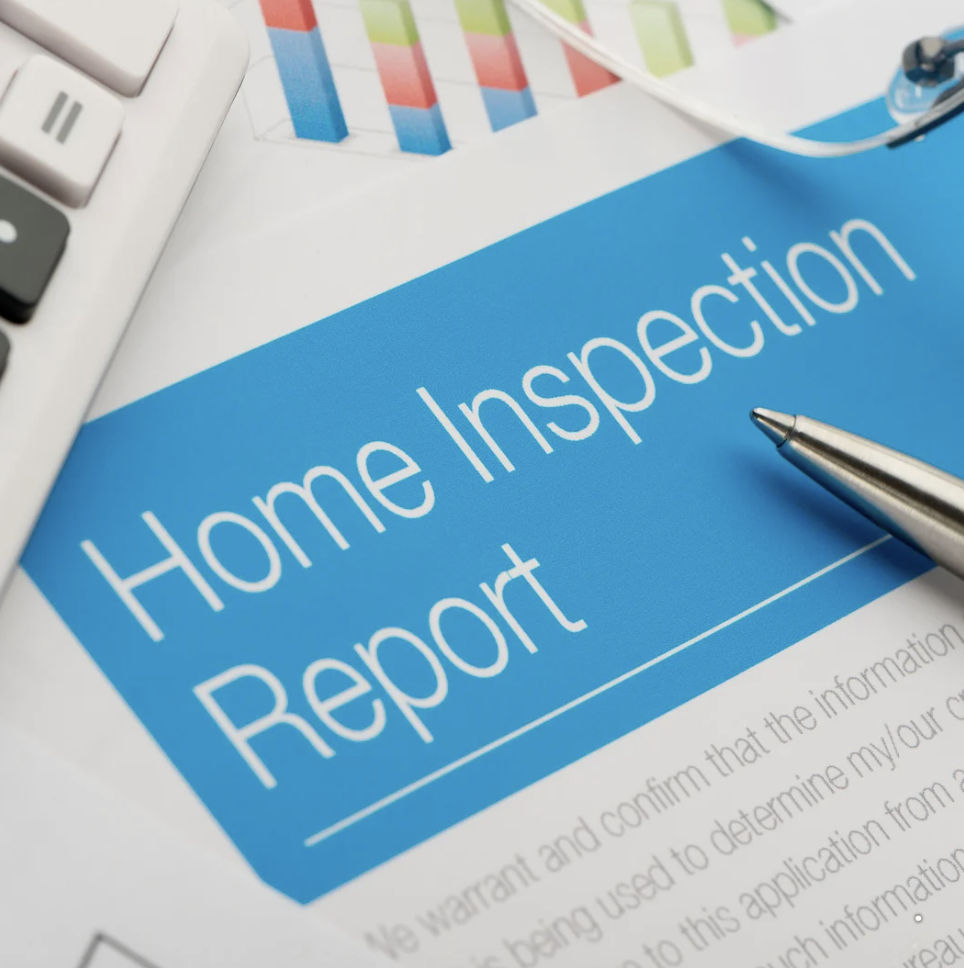
Common Red Flags in Home Inspection Reports
- Foundation Cracks or Structural Damage
- Major cracks or signs of shifting can indicate structural instability.
- Roof Damage or Leaks
- Curling shingles, water stains, or sagging areas may point to a failing roof.
- Electrical Issues
- Outdated wiring (e.g., knob-and-tube), overloaded panels, or missing GFCIs can be dangerous.
- Plumbing Problems
- Leaks, slow drainage, or old pipes (e.g., galvanized steel) may require replacement.
- Mold or Water Damage
- Musty odors, visible mold, or stains can signal hidden moisture issues.
- Pest Infestation
- Termites, rodents, or carpenter ants can cause significant damage over time.
What to Do If Issues Are Found
- Negotiate Repairs: Ask the seller to make repairs before closing.
- Request a Price Reduction: Offset the cost of repairs with a lower purchase price.
- Walk Away: If the issues are extensive and the seller won’t budge, it may be in your best interest to cancel the deal.
Additional Inspections to Consider
Sometimes, a general home inspection isn't enough. You may need specialized inspections for:
- Radon
- Asbestos
- Lead Paint
- Septic Systems
- Well Water Quality
Consult the EPA's Home Buyer's and Seller's Guide to Radon for more information.
Tips for Homebuyers During the Inspection Process
- Be Present: Attend the inspection to ask questions in real time.
- Hire a Certified Inspector: Look for certifications from ASHI or InterNACHI.
- Don’t Rush: Take your time to understand the findings and next steps.
- Get Estimates: If major repairs are needed, get contractor estimates before negotiating.
Final Thoughts
The home inspection is your opportunity to uncover potential issues before committing to a major investment. Armed with a comprehensive report and professional guidance, you can make informed decisions that protect your finances and ensure peace of mind.
Remember, no home is perfect. The goal isn’t to find a flawless house, but to understand what you're buying and how to manage future maintenance. When in doubt, lean on the expertise of your inspector and real estate agent.
For further reading:
Categories
Recent Posts
